Nature reports
Category: Climate
Publisher: Netherlands Institute of Ecology (NIOO-KNAW)
Page 1 of 2 - 11 Results

The Netherlands is a delta, a country that exists by the grace of water. Yet only in 1957 a professional ecological research institute for fresh water was established: the Hydrobiological Institute, a precursor of NIOO-KNAW. In..
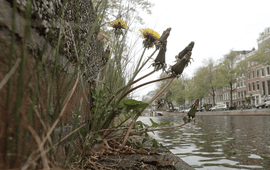
City dandelions grow better in hot summers and flower better after mild winters than their rural counterparts, according to research by the Netherlands Institute of Ecology (NIOO-KNAW) that compared dandelions from the centre of..
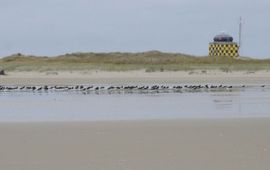
Oystercatchers will decline by 56 to 79 percent on three Wadden Islands over the next hundred years. This is according to results from James Cook University in Australia which continues on previous research by the Netherlands..
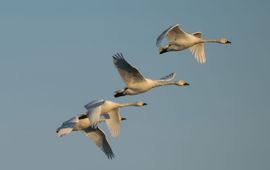
Bewick’s swans fly less far during their autumn migration when the weather is warm. Climate change has therefore led to a shift in their common wintering areas. Now, for the first time, bird researchers have been able to pinpoint..
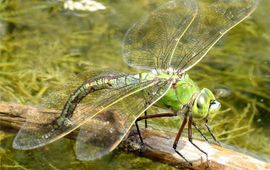
"If no action is taken to better understand and reduce the impact of climate change on insects, we will drastically limit our chances of a sustainable future with healthy ecosystems."..
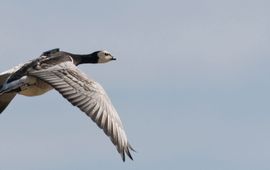
As Arctic temperatures continue to rise, barnacle geese are increasingly at risk of arriving in their breeding areas too late. The good news is that they can speed up their 3,000 kilometre migration to the Arctic, by making fewer..
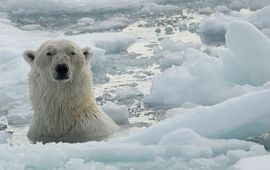
Climate change discussions on social media are very influential. A new study in BioScience shows that when it comes to iconic topics such as polar bears and retreating sea ice, climate blogs fall into two distinct camps. With..
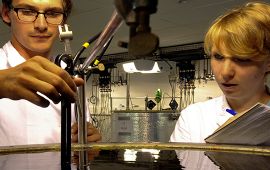
Due to climate change, including rising temperatures, more and more methane is bubbling up from lakes, ponds, rivers and wetlands throughout the world. The release of methane – a potent greenhouse gas – leads to a further increase..
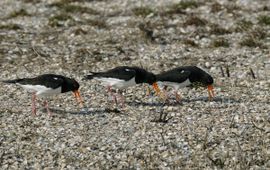
An oystercatcher nest is washed away in a storm surge. Australian passerine birds die during a heatwave. A late frost in their breeding area kills off a group of American cliff swallows. Small tragedies that may seem unrelated,..
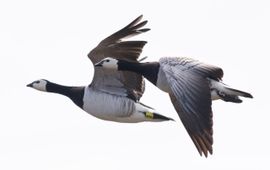
The breeding grounds of Arctic migratory birds such as the barnacle goose are changing rapidly due to accelerated warming in the polar regions. They won't be able to keep up with the changes unless they can somehow anticipate..
